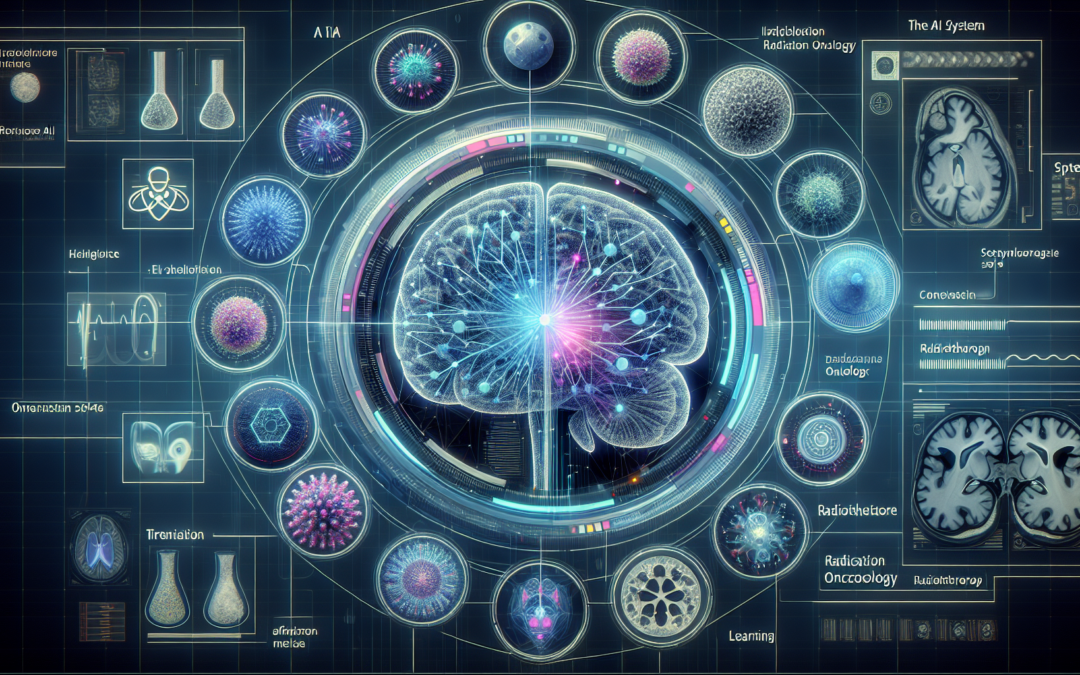In an era marked by rapid advancements in medical technology, AI-generated content is poised to revolutionize patient decision-making in radiation oncology in 2024. By providing personalized treatment recommendations, AI has the power to demystify intricate procedures and clarify potential outcomes. The capability to synthesize vast amounts of medical data into understandable, tailored content enables a detailed analysis of risks and benefits that is crucial for informed decision-making.
Real-time data integration enhances the accuracy and timeliness of information, ensuring that patients receive the most current insights. Moreover, AI-generated content excels in patient education and communication by translating complex medical jargon into accessible language, thereby fostering greater comprehension and engagement. With the additional ability to create treatment simulations and visualizations, AI offers step-by-step breakdowns of radiation therapy procedures through personalized brochures or videos, making the treatment process more transparent.
Outcome predictions and prognostics further empower patients to understand the likely course of their treatment, while adaptive content that evolves based on patient feedback or questions ensures that information remains relevant and tailored to individual needs. The core message is clear: well-informed patients adhering to their treatment plans experience better outcomes, particularly in radiation oncology, where emphasis on timing and consistency is critical.
As we look forward to 2024, AI-generated content stands as a guiding light, illuminating the path through the complexities of radiation oncology and enhancing patient confidence and decision-making.
In an era marked by rapid advancements in medical technology, AI-generated content is poised to revolutionize patient decision-making in radiation oncology in 2024. By providing personalized treatment recommendations, AI has the power to demystify intricate procedures and clarify potential outcomes. The capability to synthesize vast amounts of medical data into understandable, tailored content enables a detailed analysis of risks and benefits that is crucial for informed decision-making.
Real-time data integration enhances the accuracy and timeliness of information, ensuring that patients receive the most current insights. Moreover, AI-generated content excels in patient education and communication by translating complex medical jargon into accessible language, thereby fostering greater comprehension and engagement. With the additional ability to create treatment simulations and visualizations, AI offers step-by-step breakdowns of radiation therapy procedures through personalized brochures or videos, making the treatment process more transparent.
Outcome predictions and prognostics further empower patients to understand the likely course of their treatment, while adaptive content that evolves based on patient feedback or questions ensures that information remains relevant and tailored to individual needs. The core message is clear: well-informed patients adhering to their treatment plans experience better outcomes, particularly in radiation oncology, where emphasis on timing and consistency is critical.
The ideas presented here are derived from the following article: https://jemsu.com/how-can-ai-generated-content-support-patient-decision-making-in-radiation-oncology-in-2024/
[#RadiationOncology, #HealthTech]
Learning from ideas like these, we are enhancing Dr. Persona AI, our AI-driven Learning Management System, to provide a more personalized and effective educational experience in Radiotherapy.
